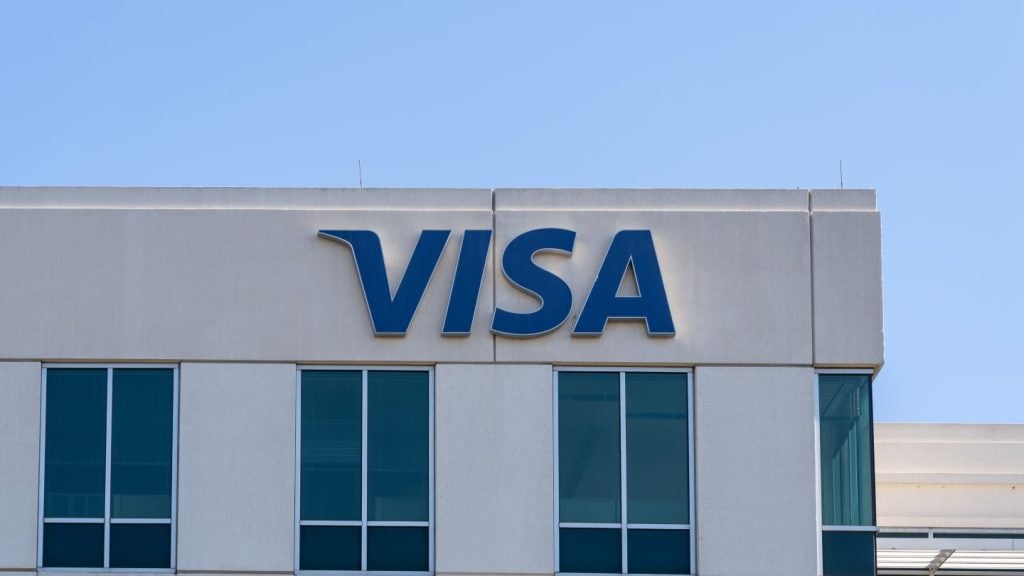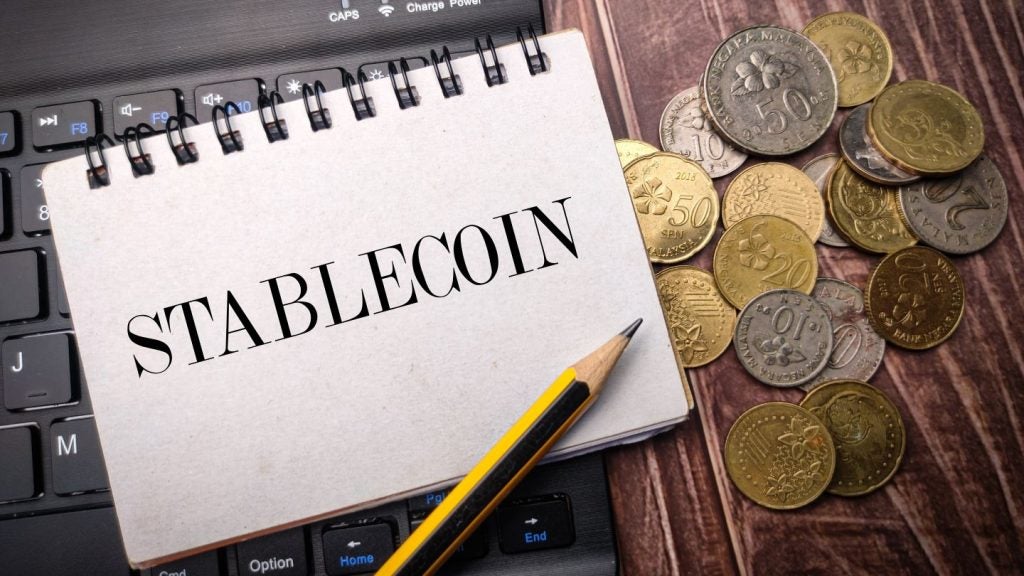Facebook’s Libra could have a significant impact given the social media giant’s large engagement, and it has the potential to enhance financial inclusion by targeting the unbanked market. However, privacy concerns and fierce competition are likely to stand in the way of Facebook and the Libra cryptocurrency endeavor.
Facebook announced it will launch a digital currency next year called Libra, which will allow users to make payments with the currency through WhatsApp and Facebook Messenger, as well as a new Facebook app called Calibra. With this launch, the company aims to create a new global system for electronic funds transfer, gaining the status of a global-scale bank.
Competition remains high
With Libra, Facebook is also aiming to exploit a perceived gap in the market by targeting people who do not have access to traditional financial services and are reliant on cash. Given that Facebook has almost 2.4 billion users each month, Libra could be utilised by a large number of people. In particular, its potential is greatest in India where there exists high levels of unbanked as well as a large Facebook and WhatsApp-using population.
Furthermore, Libra will be a stablecoin, which will be linked to international fiat currencies in order to minimise volatility. Thus, Libra is likely to appeal to risk-averse individuals who wish to make seamless peer-to-peer (P2P) payments. Big names including PayPal, eBay, Mastercard, and Uber have already agreed to invest in the currency. If successful, the launch of Libra could have a hugely positive impact on Facebook’s profits by providing an additional revenue stream.
While Libra is targeting the unbanked, it seems that Facebook is simply trying to become like a bank by enabling electronic payments. In addition, Libra has the potential to capture a large proportion of users that are currently paying by cash.
Whilst Facebook has been trying to enter the payments market for years (after its unsuccessful launch of Facebook Credits in 2009), doing so by targeting a relatively unprofitable segment could limit its potential to raise profits. The reason for this is that the unbanked are unlikely to have much disposable income to spend, though Facebook is likely banking on growth in these economies in order to raise Libra’s profitability over time as well as potentially increase its adoption in the West.
Despite Libra’s potential, cash-dependent developing markets have their own incumbent electronic payment tool, and Facebook will need to deal with fierce competition from mobile wallet providers. For instance, Libra will need to compete with Paytm in India, WeChat and Alipay in Southeast Asia, as well as various mobile money providers in the Middle East and Africa. However, Facebook is trying to differentiate from these competitors through Libra’s global reach.
Privacy getting in the way of Facebook and Libra
Another concern associated with Facebook entering the payments market regards privacy, as the social media giant has undergone a series of scandals. In fact, US lawmakers do not trust the Libra cryptocurrency due to Facebook’s past data breaches.
As a result, Facebook has been encouraged to pause Libra’s rollout whilst Congress and regulators inspect the digital currency. Given the privacy and security concerns, Facebook users may have lost trust and might be unwilling to use the P2P service, particularly in the West.
However, Facebook is trying to repair its image somewhat by promising to provide refunds to any users who are hacked or have their Libras stolen from fraudsters. By taking on this risk, Facebook is potentially opening itself up to high costs if such security issues occur frequently.
Overall, Facebook is aiming high with Libra, with the intention of replacing other financial systems and catapulting itself to the status of a pre-eminent global bank or even a government. However, given the privacy concerns and increased competition from other mobile wallet providers – especially in markets such as India, where it has the greatest potential on paper – it is unlikely that the launch of the cryptocurrency will be successful.








